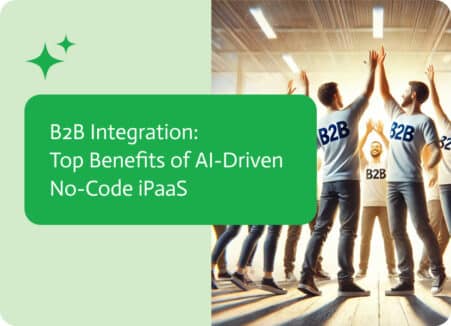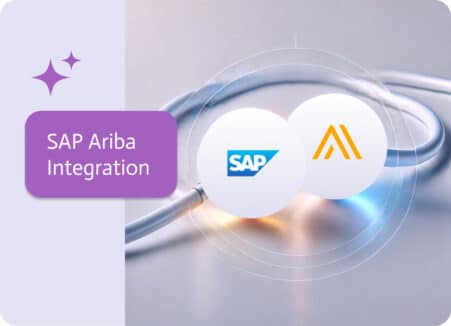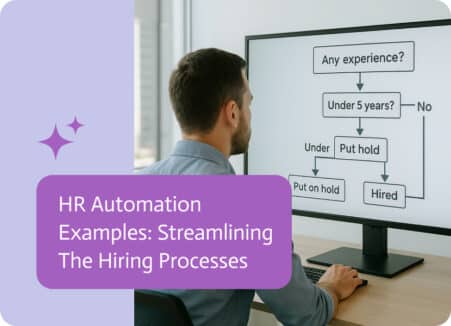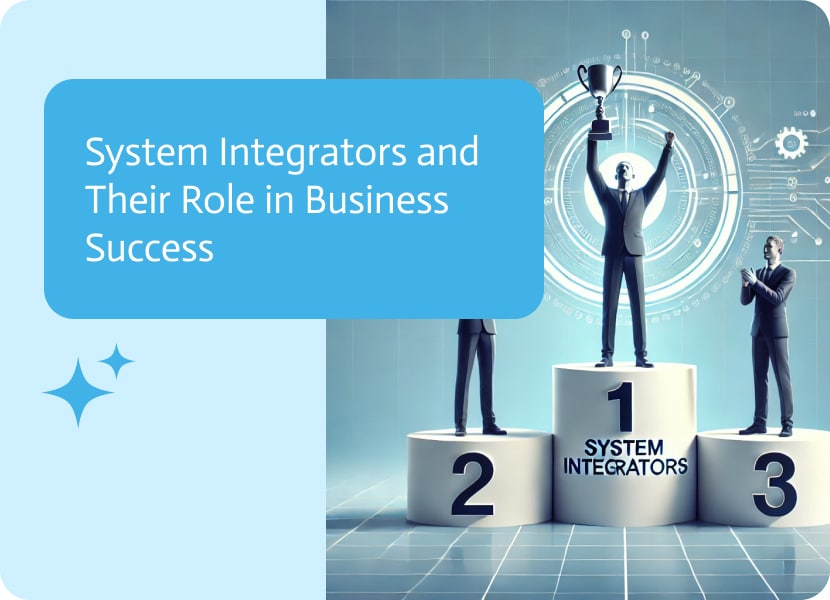
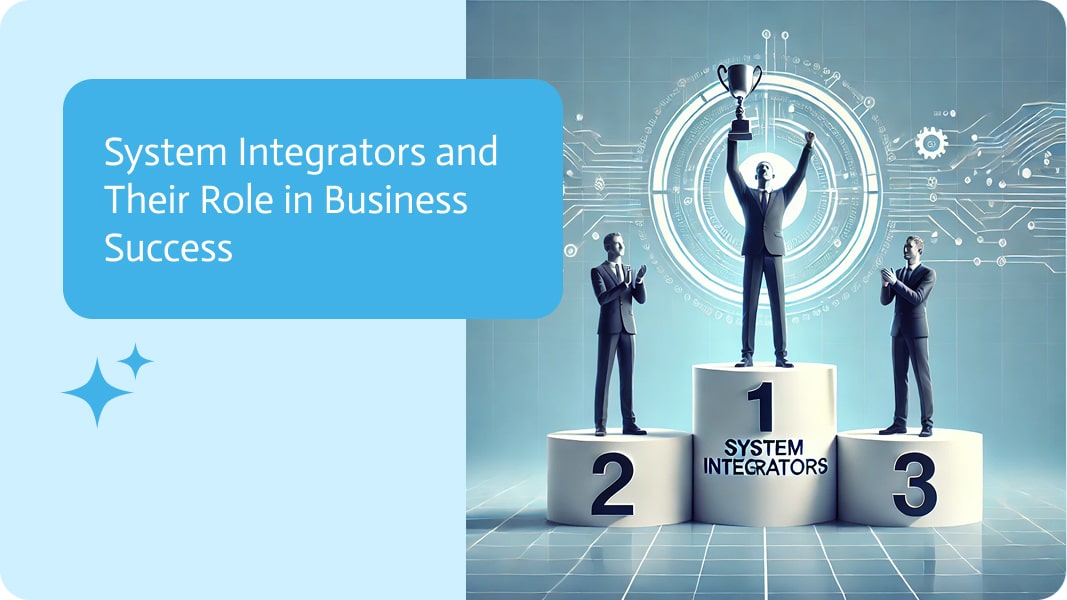
System Integrators and Their Role in Business Success
In today’s dynamic business landscape, technology projects are not just a necessity; they’re a driving force behind growth and efficiency. System integrators (SIs) play a vital role in making these projects successful. Let’s delve into what SIs do, their real-world applications, and how AI-based, no-code platforms like Noca AI are revolutionizing this space.
What is a System Integrator?
Think of a system integrator as a skilled craftsman who combines various software systems into a seamless, functioning whole. They help businesses implement, integrate, and manage technology systems, ensuring everything works together flawlessly.
Real-World Use Cases of System Integrators
1. Enterprise Application Integration
Imagine you’re the IT manager at a healthcare provider that needs to integrate its electronic health records (EHR) system with new patient management software. This is where a system integrator steps in:
- Assessment and Planning: The SI assesses your current EHR and the new software, identifying integration points and data flow requirements.
- Data Mapping and Transformation: They map the data fields between the systems to ensure accurate and seamless data transfer.
- Implementation and Testing: The integration is developed and rigorously tested to ensure it works correctly and securely.
- Training and Support: The SI trains your staff and offers ongoing support to address any issues.
This integration streamlines operations, reduces errors, and improves patient care.
2. Cloud Migration
Let’s say you’re part of a financial services company planning to migrate to a cloud-based solution like AWS. A system integrator can make this complex transition smooth and efficient:
- Strategic Planning: The SI creates a detailed migration plan to minimize downtime and ensure data integrity.
- Data Migration: They handle the export, transformation, and import of your data, ensuring it fits the new system.
- System Configuration: The SI configures the cloud environment to meet your company’s specific needs.
- Post-Migration Support: They provide support to resolve any post-migration issues and optimize the new setup.
Moving to the cloud enhances scalability, reduces costs, and opens up access to innovative cloud services.
Benefits of System Integrators
Expertise in Specialized Projects
System integrators bring a wealth of experience and specialized knowledge to your projects. For example, when setting up a new customer relationship management (CRM) system, a system integrator can leverage their expertise to avoid common pitfalls and apply best practices.
Focus on Core Business Activities
By outsourcing complex tech projects to system integrators, you free up your team to focus on core business activities. For instance, a retail company can concentrate on customer service while a system integrator handles the integration of a new inventory management system.
Cost-Effective and Flexible Solutions
Hiring system integrators for specific projects can be more cost-effective than maintaining full-time staff with specialized skills. You get the expertise you need, when you need it, without long-term financial commitments.
How iPaaS Empowers System Integrators
Integration Platform as a Service (iPaaS) has transformed the role of system integrators, empowering them to deliver more effective and efficient solutions. Here’s how iPaaS platforms are making a difference:
Simplified Integration Processes
iPaaS platforms offer pre-built connectors and templates that simplify the integration process. System integrators no longer need to build integrations from scratch, saving time and reducing errors. For example, instead of writing custom code to connect a CRM system to an ERP, a system integrator can use pre-built connectors available on an iPaaS platform.
Enhanced Collaboration
iPaaS platforms facilitate better collaboration between different teams and stakeholders. With centralized integration management, system integrators can work more closely with client teams, ensuring that all requirements are met and that integrations align with business goals. This collaborative approach leads to more successful and sustainable integration projects.
Increased Agility and Flexibility
The agility provided by iPaaS platforms allows system integrators to quickly respond to changing business needs. They can easily modify integrations as requirements evolve, ensuring that businesses remain adaptable and competitive. This flexibility is especially crucial in fast-paced industries where agility can make a significant difference.
Scalability and Performance
iPaaS platforms are designed to handle large volumes of data and transactions, ensuring that integrations are scalable and perform well under pressure. System integrators can leverage this capability to build integrations that support the growth and scalability of their clients’ businesses. This means that as a company grows, its integration solutions can grow with it.
Advanced Monitoring and Management
With built-in monitoring and management tools, iPaaS platforms enable system integrators to keep a close eye on integration performance. They can quickly identify and resolve issues, minimizing downtime and ensuring smooth operations. This proactive approach to management enhances the reliability of integrations and builds trust with clients.
AI-Based No-Code iPaaS Platforms: A Game-Changer
Traditional iPaaS platforms often require extensive coding skills, making them accessible primarily to technical professionals. AI-based no-code platforms, like Noca AI, are changing the game by enabling business users to manage integrations through natural language processing (NLP) and AI-driven interfaces.
Advantages of AI-Based No-Code Platforms
- Accessibility: With NLP interfaces, even non-technical users can create and manage integrations, democratizing access to powerful tools.
- Speed: AI accelerates the integration process by automating repetitive tasks and providing intelligent recommendations.
- Cost Efficiency: Reduced reliance on specialized developers lowers costs and speeds up deployment times.
Benefits of Using Noca AI as an iPaaS
Among the various iPaaS platforms available, Noca AI stands out due to its AI-driven, no-code approach. Here’s why Noca AI is an excellent choice for both system integrators and businesses:
User-Friendly Interface
Noca AI’s no-code platform uses natural language processing (NLP) to create a user-friendly interface. This makes it accessible to business users who don’t have technical expertise. They can set up and manage integrations using simple language commands, democratizing the integration process.
Intelligent Automation
Powered by AI, Noca AI automates many of the repetitive and time-consuming tasks involved in integrations. It offers intelligent recommendations and automates error detection and correction, ensuring that integrations are not only quick but also reliable.
Cost-Effective Solution
By reducing the need for specialized coding skills, Noca AI lowers the overall cost of integrations. Businesses save on developer costs and can deploy solutions faster, leading to a better return on investment. This cost efficiency makes Noca AI an attractive option for businesses of all sizes.
Enhanced Collaboration
Noca AI facilitates better collaboration between IT and business teams. With its intuitive interface, both technical and non-technical users can work together on integration projects. This collaborative approach ensures that integrations align with business objectives and meet all user requirements.
Scalability and Flexibility
Noca AI is designed to scale with your business. Whether you’re a small startup or a large enterprise, Noca AI can handle your integration needs. Its flexible architecture allows you to adapt and expand your integrations as your business grows, ensuring long-term scalability.
Conclusion
System integrators are indispensable for navigating the complexities of modern technology projects. Their expertise ensures successful implementations and integrations, freeing up internal resources and providing cost-effective solutions. Moreover, AI-based no-code iPaaS platforms like Noca AI are transforming the integration landscape, making powerful tools accessible to all users, not just technical experts.
Frequently Asked Questions
Q: What should businesses look for when choosing a system integrator?
A: Evaluate their experience with similar projects, industry expertise, client testimonials, and the range of services they offer. It’s also important to consider their approach to project management and support.
Q: How do system integrators typically charge for their services?
A: SIs may offer fixed project fees, hourly rates, or retainer agreements. The best choice depends on the project’s scope, complexity, and duration.
Q: Can small businesses benefit from system integrators?
A: Absolutely. Small businesses can leverage SIs to implement sophisticated technologies without needing full-time specialized staff, ensuring they remain competitive with larger enterprises.
By leveraging the capabilities of system integrators and embracing innovative AI-based no-code platforms like Noca ai, businesses can streamline their operations, reduce costs, and focus on their core competencies, driving growth and success in an increasingly digital world.
